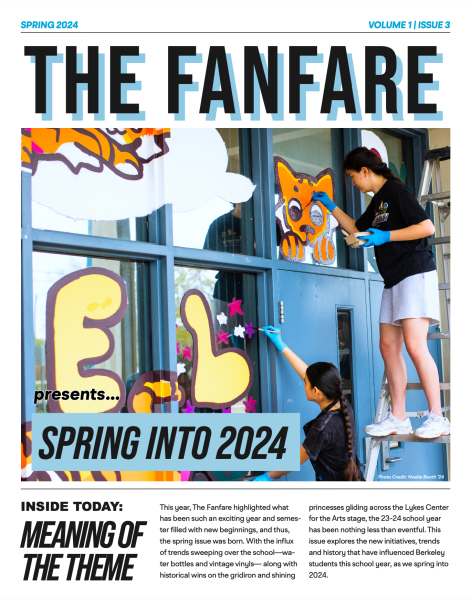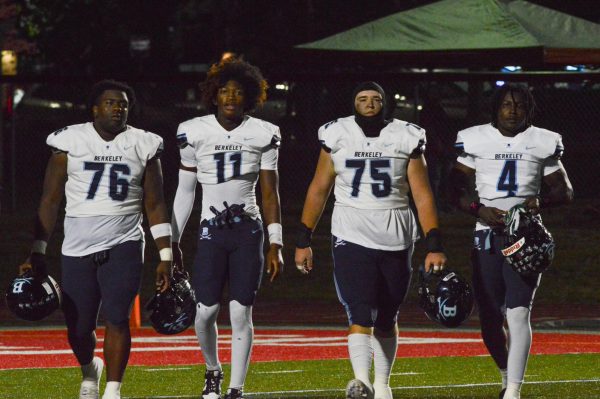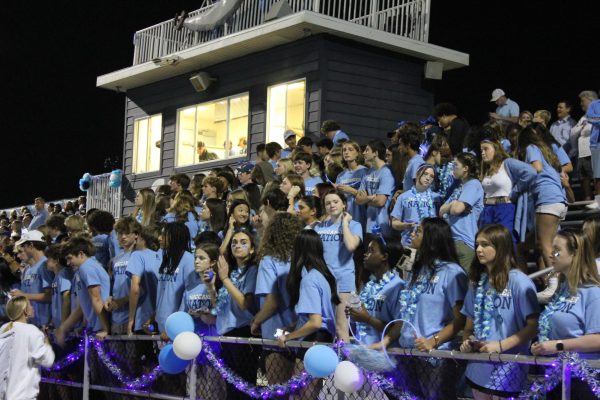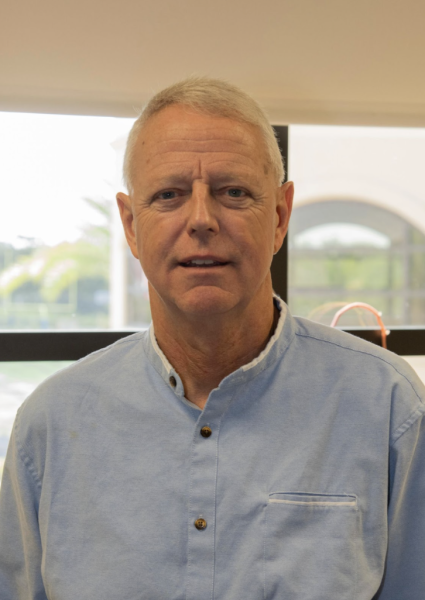Convention Demonstrates that Latin Does Live On
A popular assumption among those who are not very familiar with the classics is that since Latin is technically a dead language, the classics are dead as well. However, this assumption is incorrect as demonstrated by the annual National Latin Forum, a weeklong convention dedicated solely to the classics. Each summer, more than one thousand students—each passionate about this supposedly “dead language”—travel from all over the country to participate in this convention and celebrate the glory of Ancient Greece and Rome.
The weeklong convention doesn’t only focus on the academic aspects of the classics. Delegates participate in a huge variety of contests ranging from athletics to art. Students are offered over fifteen different academic tests in categories such as Latin vocabulary, grammar, literature, customs and history. For those who are creative, the convention offers over twenty-five diverse categories of art competitions from drawings and paintings to dolls and jewelry. It even features a mock Roman bazaar where local chapters raise money for their clubs by selling a variety of items, the most popular item being the witty Latin themed shirts. Students are also given the opportunity to participate in athletic events; the 2012 convention held at Wake Forest University even featured a quidditch match. For those who enjoy drama, there are creative arts competitions in which students dramatically recite famous works in Latin and share their own original Latin-themed compositions in English. At the end of this week of Latin appreciation, students gather for one last assembly and have dinner together dressed in togas.
But one does not have to be enrolled in a Latin class to join in on these activities; the regional and state forums are open to any high school student interested in the classics. Cassandra Floch, a recent Berkeley graduate and a Spanish student for all four years of high school, was an active member of the Latin club and attended multiple State and Regional conventions. According to Floch, “It was really great to be able to explore another language without even taking the class.”
The devotion of these students to the Classical culture attests to the claim that Latin is not dead, but in fact lives on more fervently than ever in the hearts of those associated with the convention.

Sabrina is currently a senior in high school and previously served as staff writer in freshman year and news editor as a sophomore. She is also a member...









